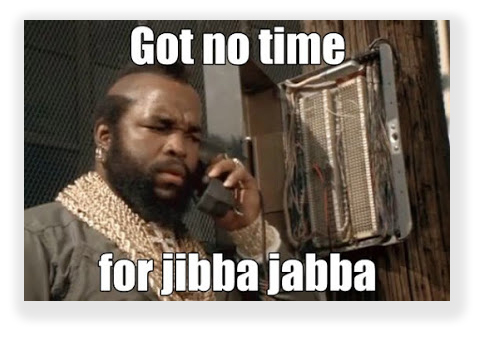We post news and comment on federal criminal justice issues, focused primarily on trial and post-conviction matters, legislative initiatives, and sentencing issues.

THE DILIGENCE THAT IS DUE
Anyone familiar with post-conviction motions knows that “due diligence” is demanded of prisoners who seek equitable tolling (forgiveness for late filing), make a showing to justify the filing of a second-or-successive motion, or even calculate a deadline for filing a motion under 28 USC § 2255(f)(4) (which permits filing a § 2255 addressing newly-discovered evidence).
 The 3rd Circuit last week handed down a very detailed and thoughtful analysis of exactly what constitutes due diligence where a defendant is claiming a Brady violation in a post-conviction context (such as a § 2255 motion). Defendant Bill Bracey had been convicted by testimony from two cooperating witnesses. The prosecution disclosed the witnesses had gotten favorable plea agreements on certain charges in exchange for their testimony, but Bill found out a number of years later that the witnesses got breaks on other charges, too, that the prosecution has not disclosed. He could have found out about the other charges much earlier if he had checked the public record, but he instead trusted that the prosecutor had complied with Brady.
The 3rd Circuit last week handed down a very detailed and thoughtful analysis of exactly what constitutes due diligence where a defendant is claiming a Brady violation in a post-conviction context (such as a § 2255 motion). Defendant Bill Bracey had been convicted by testimony from two cooperating witnesses. The prosecution disclosed the witnesses had gotten favorable plea agreements on certain charges in exchange for their testimony, but Bill found out a number of years later that the witnesses got breaks on other charges, too, that the prosecution has not disclosed. He could have found out about the other charges much earlier if he had checked the public record, but he instead trusted that the prosecutor had complied with Brady.
The Circuit held that a defendant had a right to presume the government had complied with its Brady obligations, and only when a person in the defendant’s position “would reasonably expect” that independent investigation would yield evidence of a Brady violation, was due diligence implicated. “Once Brady is understood to impose an affirmative disclosure obligation on the government, one in which criminal defendants are entitled to place their faith,” the 3rd held, “a defendant’s lack of independent investigation does not equate to a lack of due diligence, at least not without facts giving him a reasonable basis to suspect a Brady violation… We hold, therefore, that a habeas petitioner’s Brady claim is timely… so long as it is filed within one year of the date on which the petitioner has reason to believe that the prosecution may have violated its duty of disclosure.”
Bracey v. Superintendent, Rockview SCI, Case No 17-1064, 2021 U.S. App. LEXIS 1623 (3rd Cir Jan 21, 2021)
– Thomas L. Root




